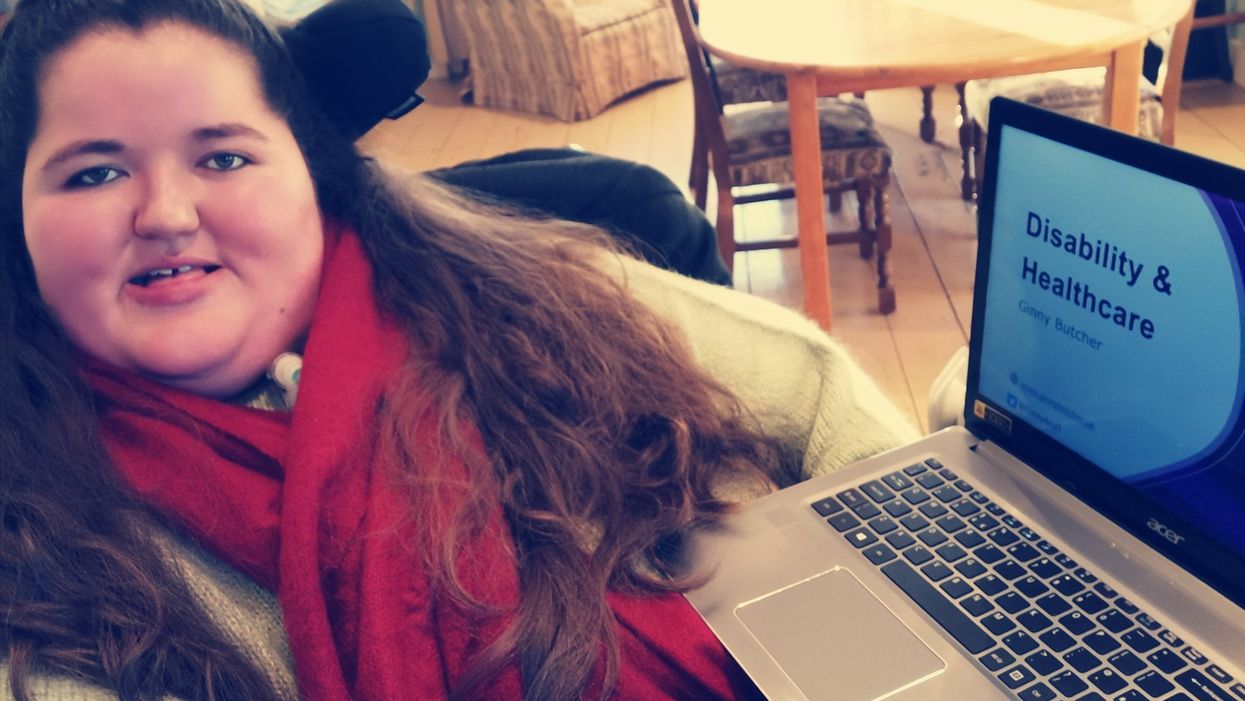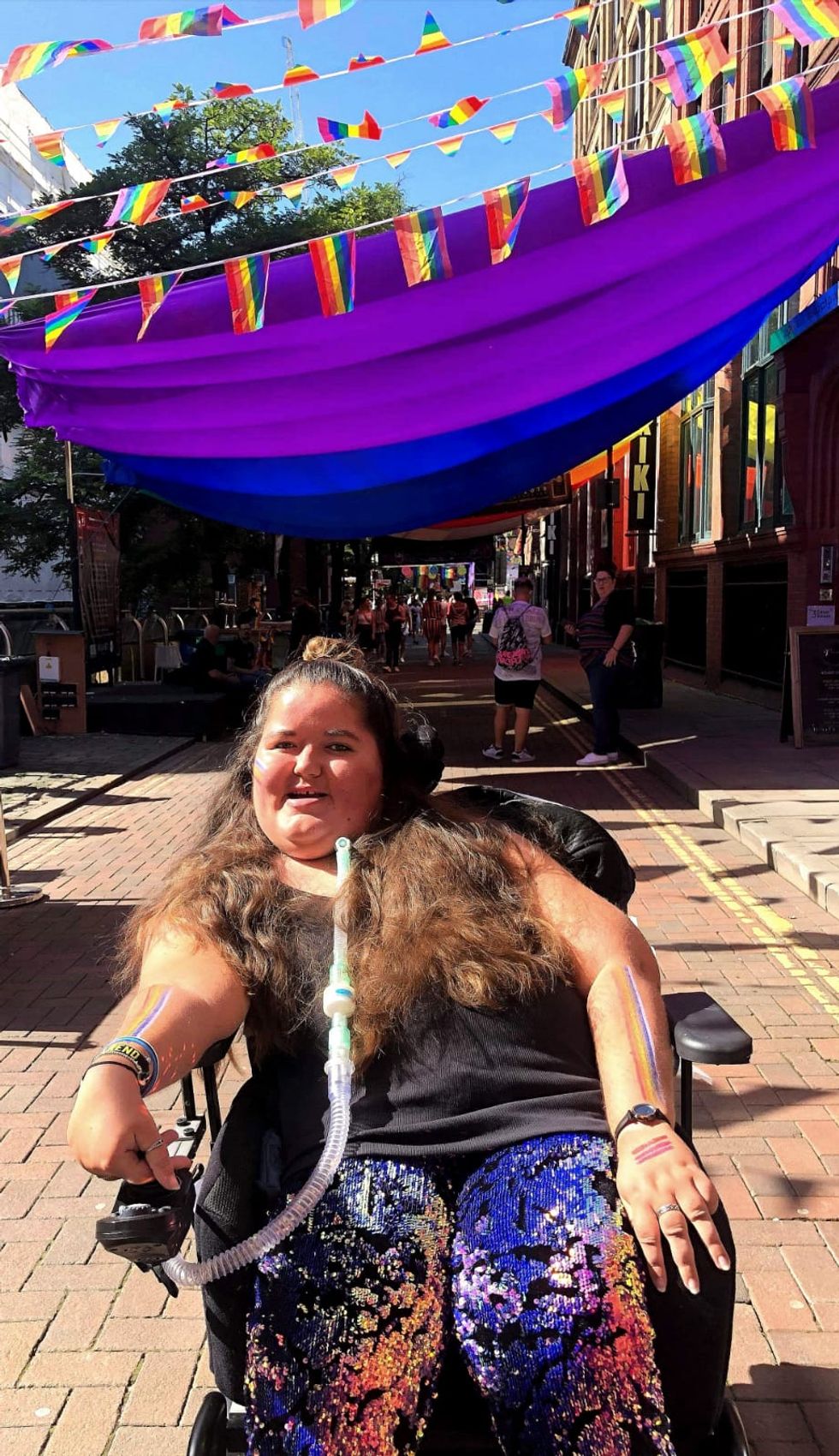
Two campaigners have said disabled women are often “left out” of feminism discussions, but hope to change that on International Women’s Day.
Their social media campaign will aim to combat the “vulnerable” label that disabled people, most recently during the pandemic, have been faced with.
On March 8, disabled women will be encouraged to tweet “I’m not vulnerable because I’m a disabled woman, I’m made to be vulnerable by…” completing the post with their own experience.
The aim is to highlight barriers faced by disabled women in society, as well as to connect and celebrate disabled women.
“So often we’re just left out of the conversation when it comes to feminism,” Ginny Butcher, 22, who has muscular dystrophy, told the PA news agency.
“International Women’s Day is a good chance for us to speak up and be listened to hopefully.”
Dr Amy Kavanagh, 31, from west London is visually impaired.
She said: “As a disabled woman, it’s just that kind of normal, dare I say, girly stuff that we get left out of.
“We’re not considered sexy, and people don’t think we’re going to want to wear make-up or fashionable clothes.”
Mx Butcher added: “We’re not offered contraception or STD tests because people think we can’t have sex.”
The campaign will reinforce the message that disabled women are made vulnerable by societal problems such as medical ableism, sexual violence, poverty and the pay gap, rather than by their disability.
“Disabled women are so often portrayed as inherently vulnerable because of our disabilities,” said Mx Butcher.
“We’re trying to move away from that, and we’re asking people to choose to challenge that concept of vulnerability.”
Dr Kavanagh added: “Vulnerability is something that, yes, we all feel, but it’s often something that’s created by external things, environments, and particularly for disabled women really what makes us vulnerable is society.
“Being blind isn’t really what makes me vulnerable. It’s not having safe roads to cross, or people violating my consent by helping me without asking.”
"Hey! What's this thing in our way?!" 🚲🦮 See how confused & unimpressed @GuideDogAva is about having to navigate a… https://t.co/793ALCqDfE— Dr Amy Kavanagh (@Dr Amy Kavanagh) 1614956702
Award-winning disability rights campaigner Angharad Paget-Jones, 27, from Port Talbot is one of many who have already submitted their experience.
She said: “I’m made to (feel) vulnerable by guide dog access refusals into shops and services. They make me feel like I don’t belong because someone didn’t train their staff in the law.”
Anyone who wants to get involved is encouraged to include the hashtag #NotVulnerableIWD in their post.














